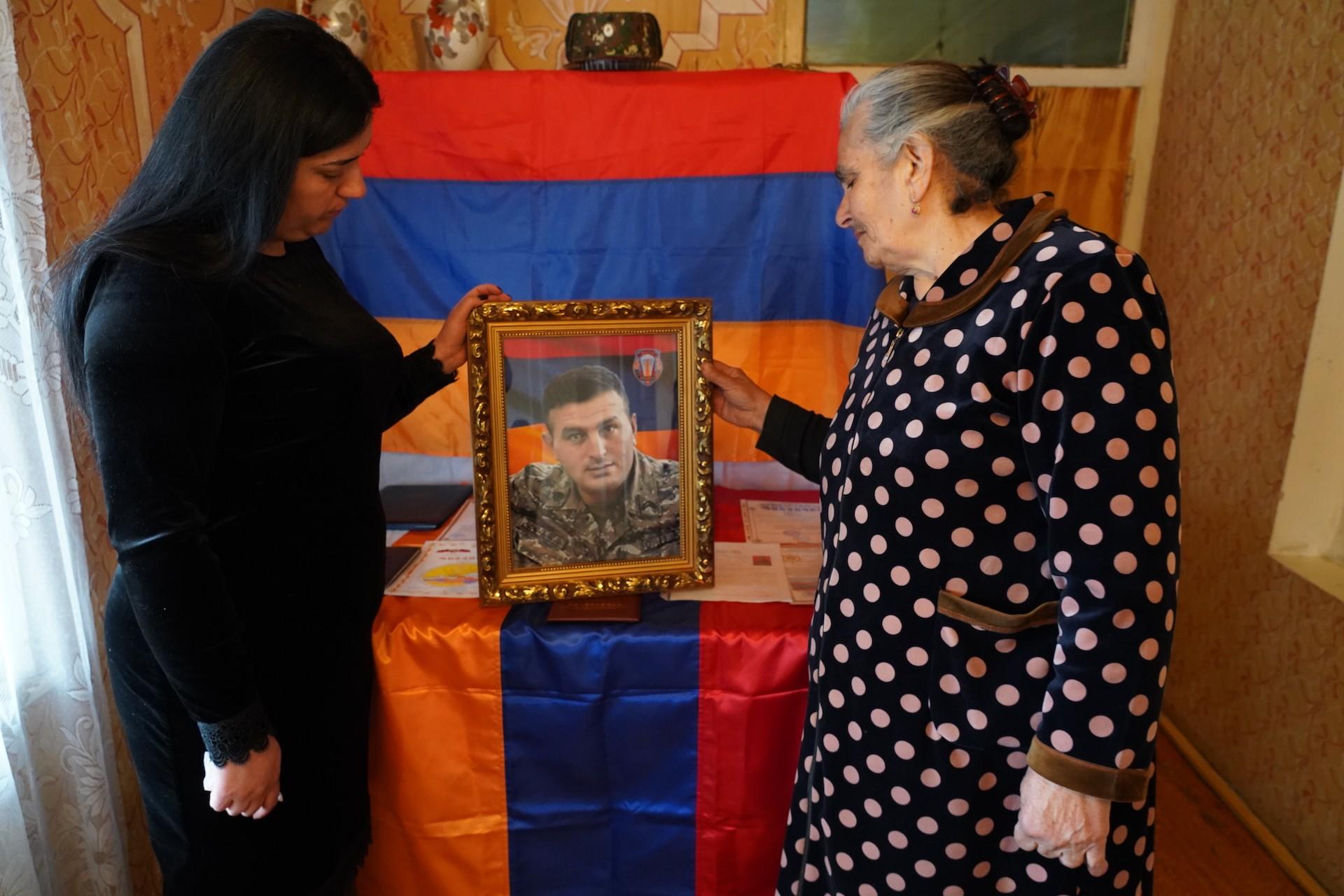
Anush Gharabaghtsyan Waited Five Months to Learn Her Husband Died in Artsakh War
By Astrig Agopian
A banner emblazoned with the name “Henzel” flies above the entrance to Paravakar, a village in Armenia’s northeastern Tavush Province.
The banner also displays the names of two other soldiers who died during the 2020 war in Nagorno-Karabakh.
Henzel Baghdasaryan, a 39-year-old sniper employed by the Armenian Army, never told his family that he was going to fight. He told them he was going to help the war effort from Yerevan when he left on September 28.
His wife Anush Gharabaghtsyan learnt later through friends that he was fighting in Jabrayil. When the war ended, she did not know if he was dead or alive. She sent blood and DNA from his mother and daughter for identification purposes.
On March 1, after five months of uncertainty, the family eventually received his body. They buried him in Paravakar, relieved to at least be able to give him a proper burial. He was supposed to retire from the army in four years.
Henzel lived in Charentsavan with his wife and their three children. He grew up in the Paravakar village, situated just two kilometers away from Azerbaijan.
“In the 1990s, they bombed our house, and part of it was destroyed,” recalls Henzel’s mother Rosa Petrosyan. “You can still see gunshot traces on the walls. He was only nine years old at the time, but he refused to leave the village. He immediately asked, ‘Who destroyed my home? Why? I want revenge’.”
On that day, Henzel decided to dedicate his life to the protection of his homeland, Armenia. He stayed in the army after his military service ended and became a professional sniper. His family did not know much about his work life, as part of it had to stay confidential.
“He missed his children’s birthdays, all the daily life events,” says Anush. He even went to China for five months of military training. He always called us and thought about us, but his priority was our nation’s safety. I have never seen anyone so patriotic and dedicated to Armenia.”
Vigen will soon turn fifteen. Vahagn is thirteen and their daughter Soseh is four.
“I asked my son to name his daughter Rosa, after me. But he refused. I was upset at first, but he said he’d name her after the female fedayi Soseh Mayrig,” says Mrs. Petrosyan.
Soseh likes to wear clothes with military patterns, to look like her father, and says she wants to work with him. She’s too young to understand that her father is not coming back.
“He did not wear any normal tee-shirts,” recalls Anush. “It always had to display the face of an Armenian hero, like Garegin Nzhdeh or Monte Melkonian,” says Anush.
Anush and the children have not asked for, nor have heard, about any financial help from the government.
Anush does not work and stopped receiving her husband’s pension after he disappeared. The family now struggles to pay the rent in Charentsavan. They sometimes come to stay at the Paravakar village with Rosa, who herself lives a very modest village life.
When they start remembering Henzel’s singing and his jokes, a smile illuminates all the faces of family members.
“He was very funny,” says Anush. “Anytime there was a tricky situation, or someone said someone, we were just expecting his reaction, his joke.”
Henzel was also a very good singer and his son Vahagn has inherited this talent. When he starts singing Mrs. Petrosyan cannot hold back her tears. “He looks exactly like his father,” she says.
“Losing one of your children is certainly the worst thing that can happen to anyone,” says Henzel’s mother. “I just try to believe that I gave him as a gift for our nation to survive.”
Even after the war, and with the continued tension between Armenia and Azerbaijan, Rosa Petrosyan does not want to leave the village.
Anush hopes that the memory of her husband will live on. “He was a real hero. He gave his life for this country and I want people to remember that.”
(Astrig Agopian is a French-Armenian journalist from Paris, currently based in Yerevan. She’s usually running around with a camera looking for the best light, but now she’s exchanged it for a pen and a microphone.)
 Videos
Videos Photos
Photos
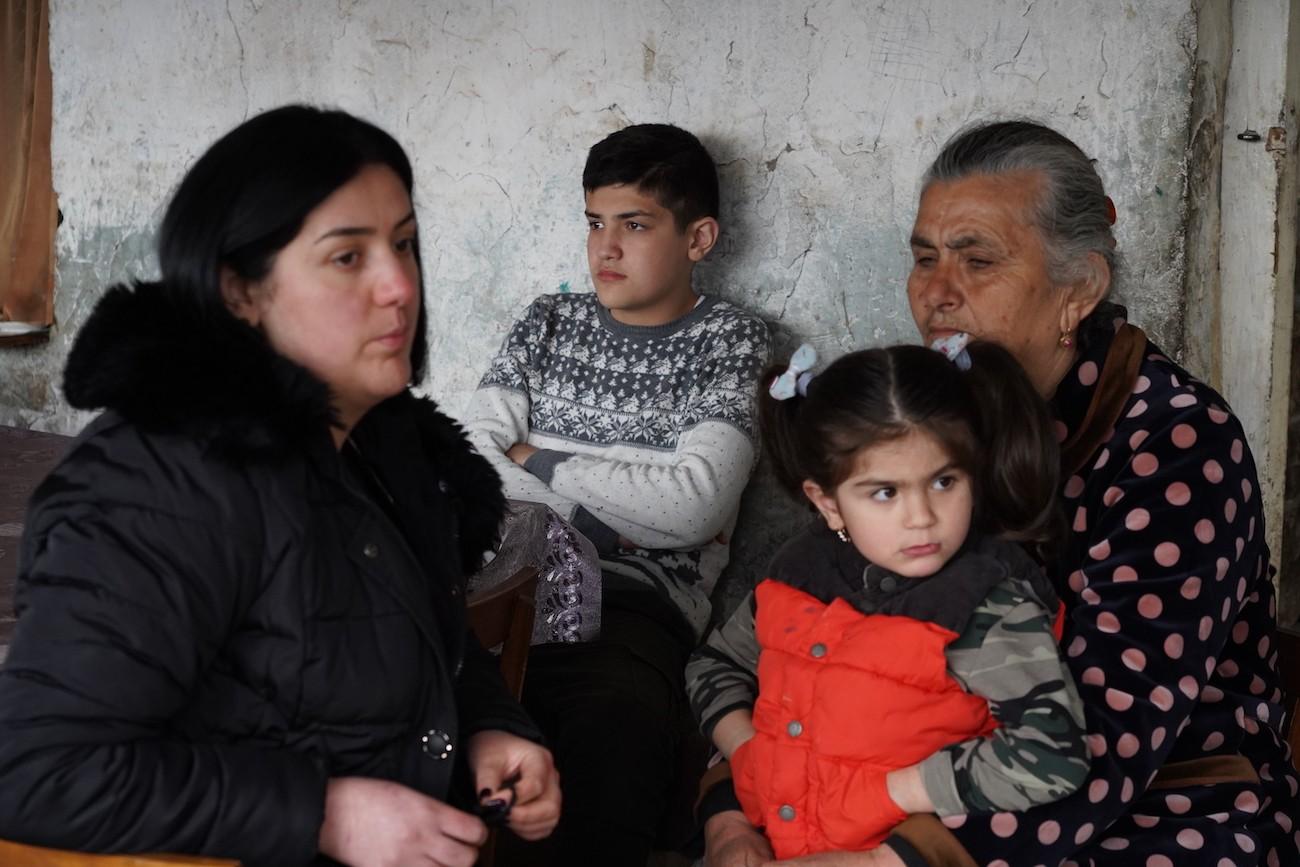
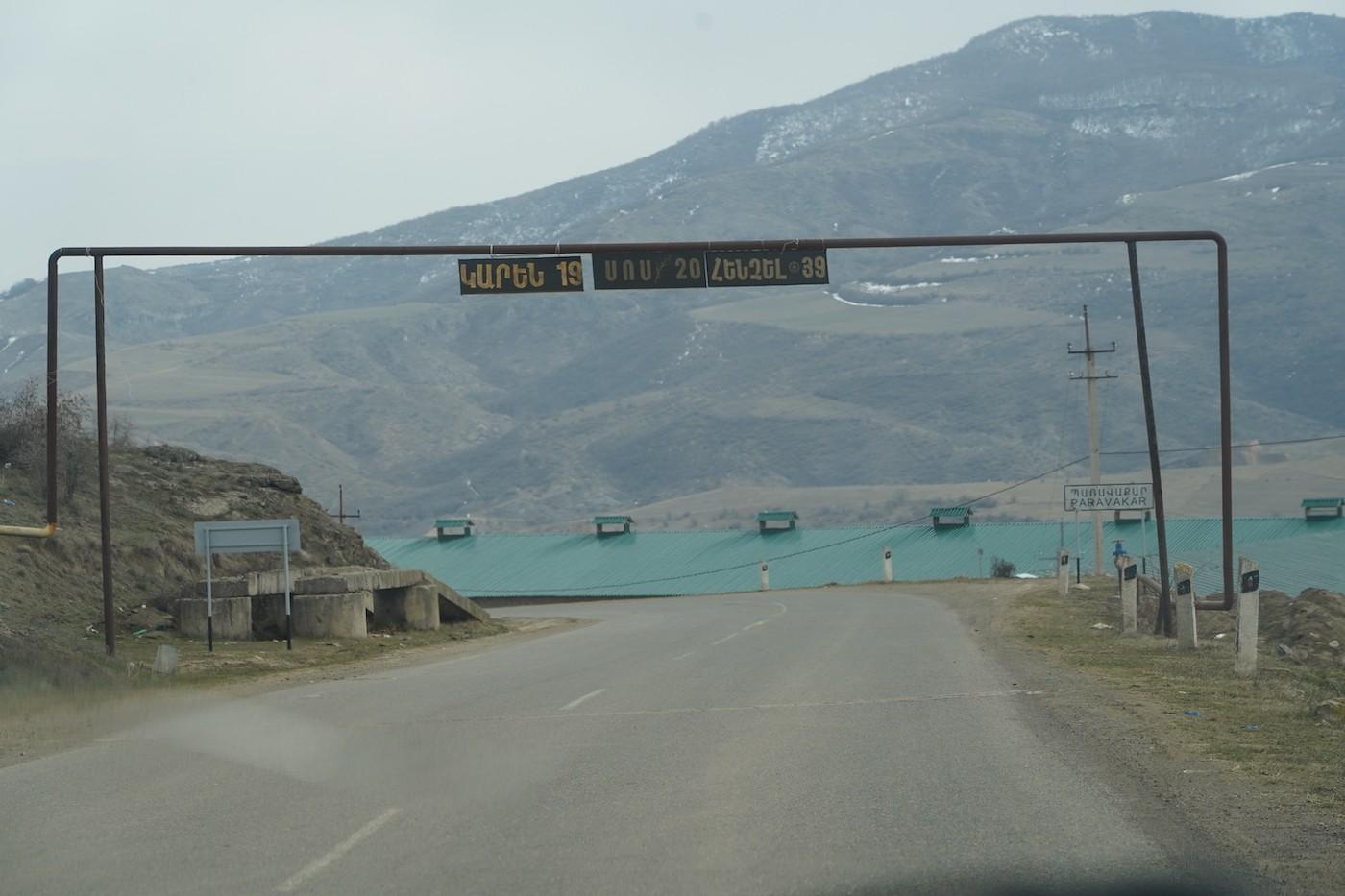

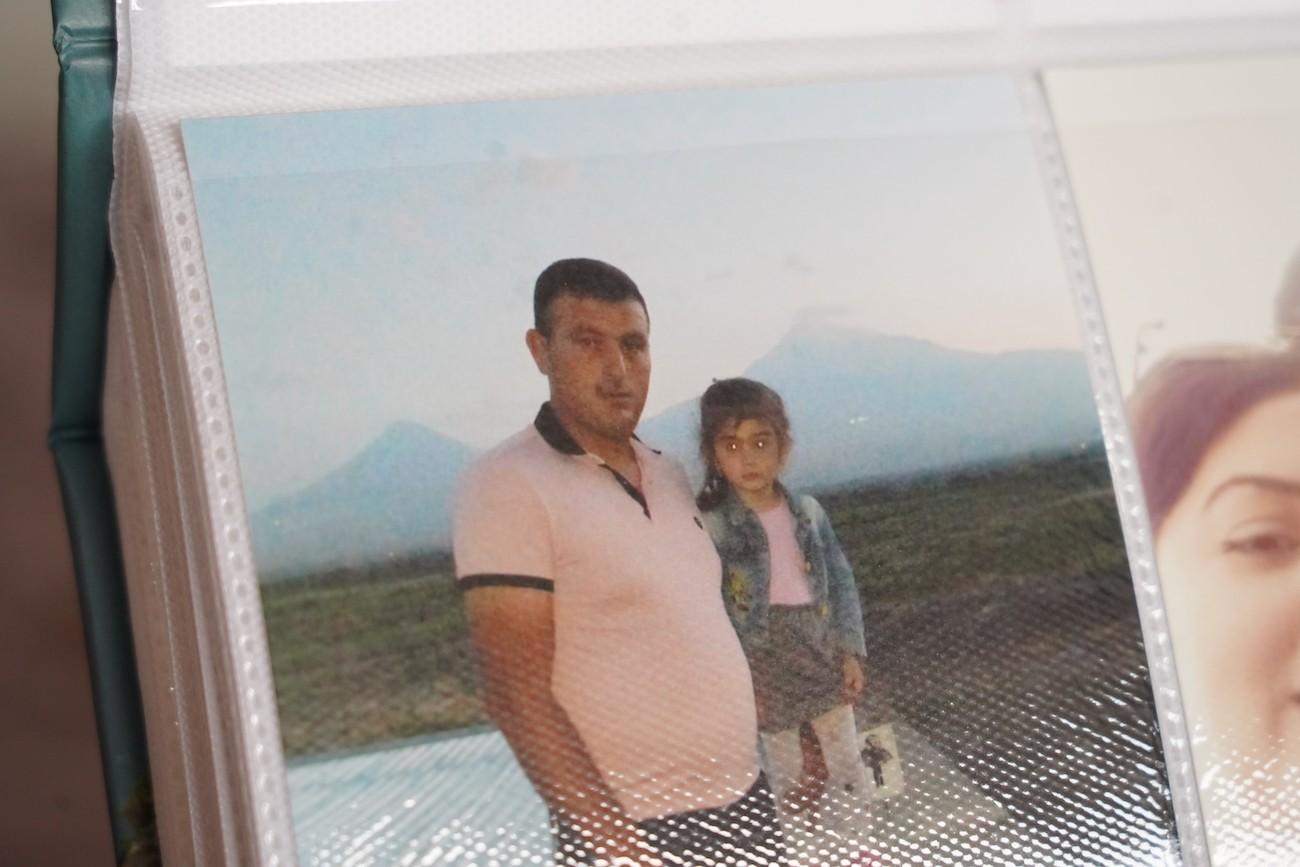
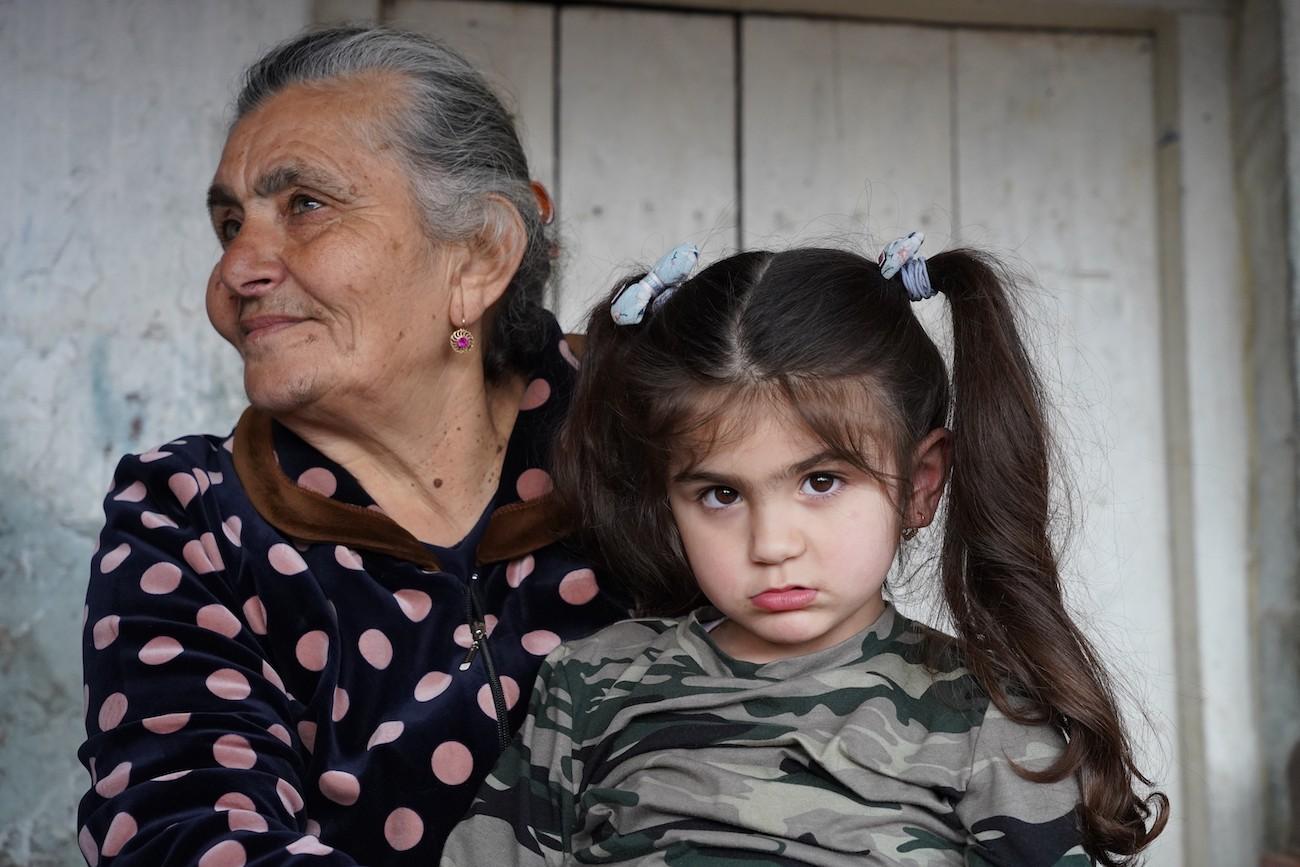

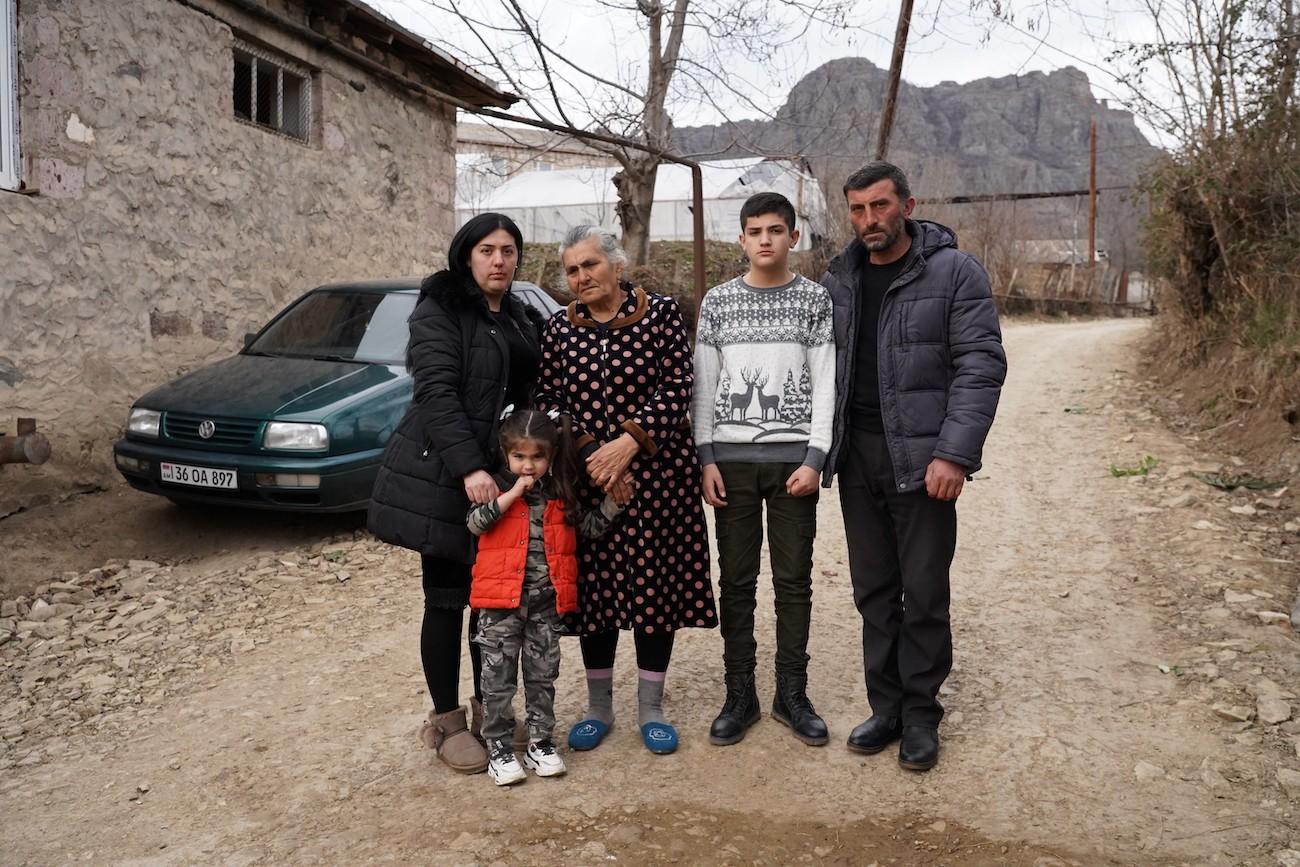
Write a comment